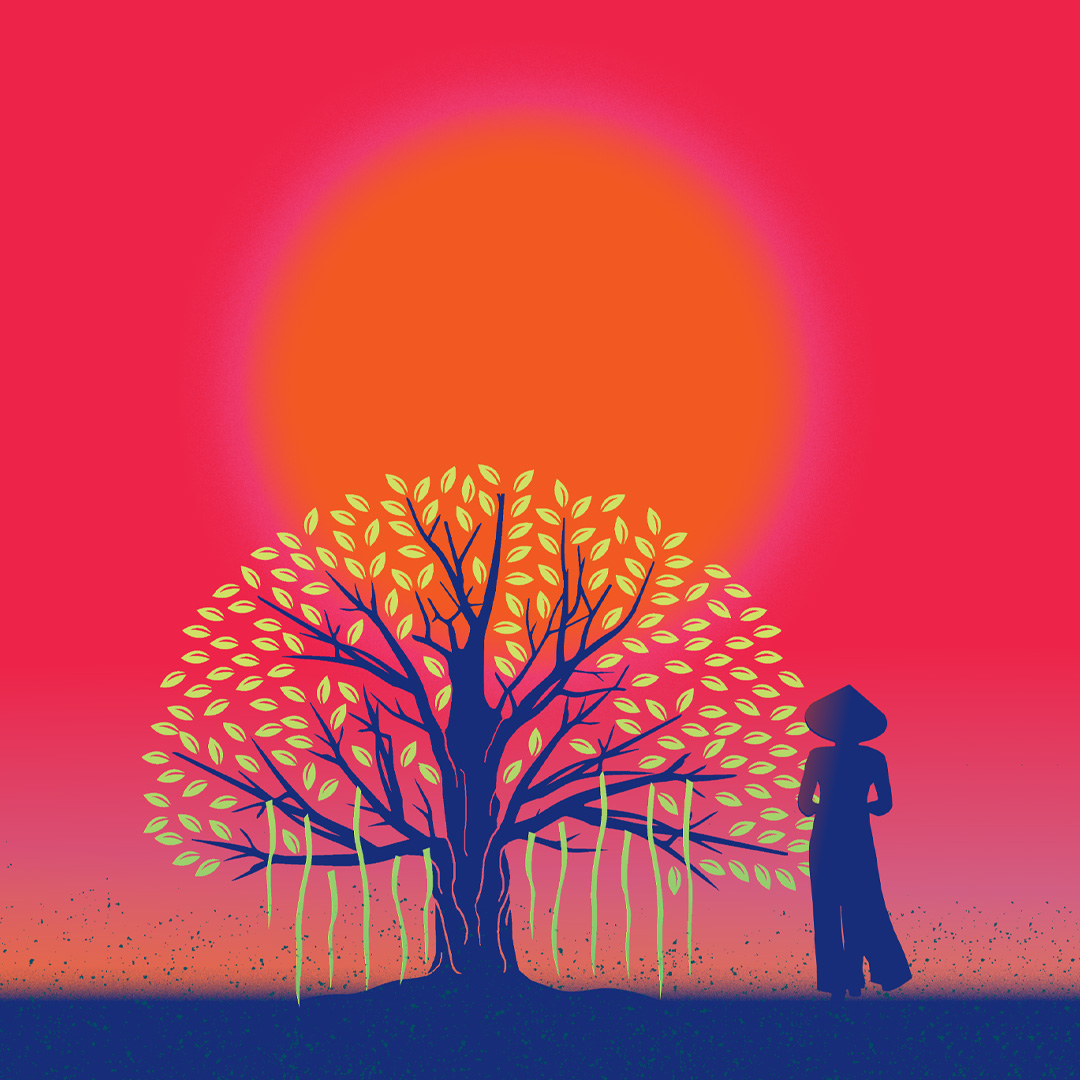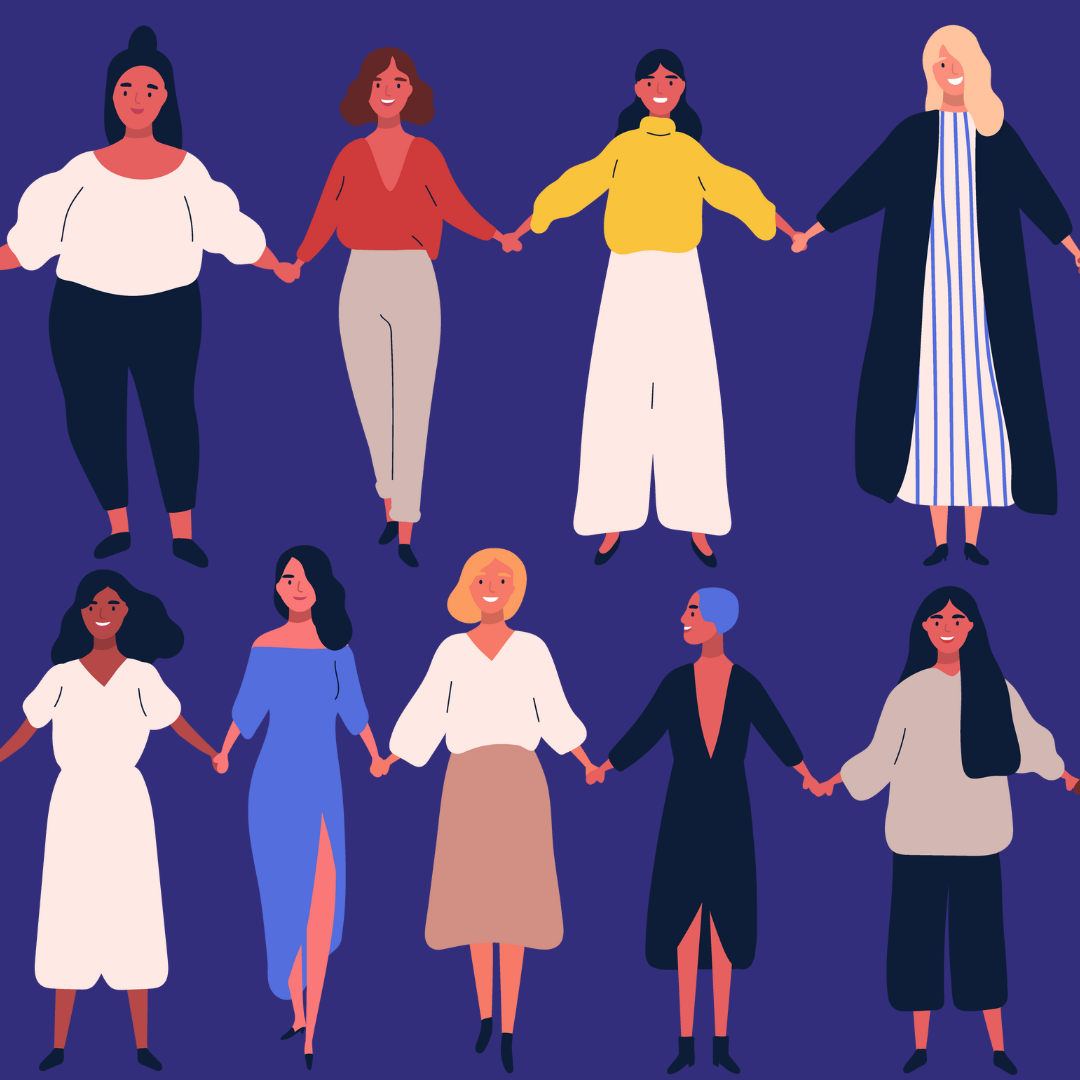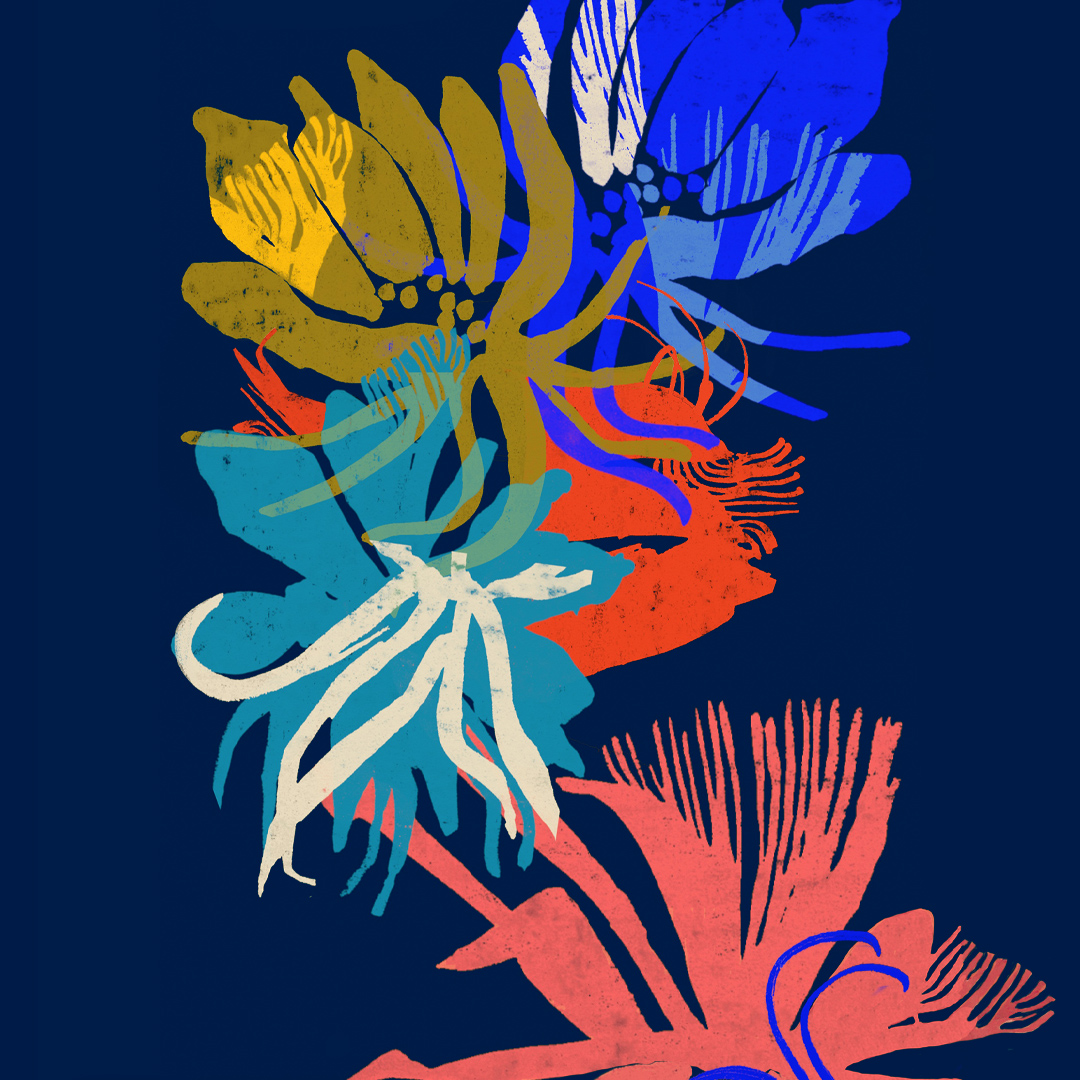Celebrating World Book Day
In honor of World Book Day, we’re highlighting three of our international authors. Read global.
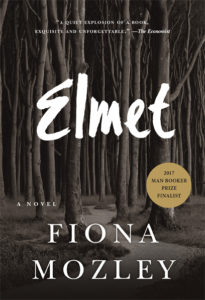 England: A finalist for the 2017 Man Booker Prize, Fiona Mozley’s Elmet is a “magical debut novel.” So says People. And according to The New York Times, Elmet is “beguiling . . . A lyrical and mythic work . . . Mozley’s sheer storytelling confidence sends the reader sailing.”
England: A finalist for the 2017 Man Booker Prize, Fiona Mozley’s Elmet is a “magical debut novel.” So says People. And according to The New York Times, Elmet is “beguiling . . . A lyrical and mythic work . . . Mozley’s sheer storytelling confidence sends the reader sailing.”
In Elmet, a corner of Yorkshire, Cathy and Daniel roamed the woods freely, occasionally visiting a local woman for some schooling, living outside all conventions. The family thought their peaceful, self-sufficient life was safe Their father built things and hunted, working with his hands; sometimes he would disappear, forced to do secret, brutal work for money, but to them he was a gentle protector.
Narrated by Daniel after a catastrophic event has occurred, Elmet mesmerizes even as it becomes clear the family’s solitary idyll will not last. When a local landowner shows up on their doorstep, their precarious existence is threatened, their innocence lost. Daddy and Cathy, both of them fierce, strong, and unyielding, set out to protect themselves and their neighbors, putting into motion a chain of events that can only end in violence.
As rich, wild, dark, and beautiful as its Yorkshire setting, Elmet is a gripping debut about life on the margins and the power—and limits—of family loyalty.
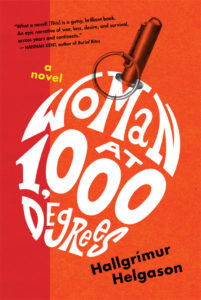 Iceland: In Hallgrímur Helgason’s international bestseller, Woman at 1,000 Degrees, Herra Björnsson is at the beginning of the end of her life. Oh, she has two weeks left, maybe three—she has booked her cremation appointment, at a crispy 1,000 degrees, so it won’t be long. But until then she has her cigarettes, a World War II–era weapon, some Facebook friends, and her memories to sustain her.
Iceland: In Hallgrímur Helgason’s international bestseller, Woman at 1,000 Degrees, Herra Björnsson is at the beginning of the end of her life. Oh, she has two weeks left, maybe three—she has booked her cremation appointment, at a crispy 1,000 degrees, so it won’t be long. But until then she has her cigarettes, a World War II–era weapon, some Facebook friends, and her memories to sustain her.
And what a life this remarkable eighty-year-old narrator has led. In the internationally bestselling and award-winning Woman at 1,000 Degrees, which has been published in fourteen languages, noted Icelandic novelist Hallgrímur Helgason has created a true literary original. From Herra’s childhood in the remote islands of Iceland, where she was born the granddaughter of Iceland’s first president, to teen years spent living by her wits alone in war-torn Europe while her father fought on the side of the Nazis, to love affairs on several continents, Herra Björnsson moved Zelig-like through the major events and locales of the twentieth century. She wed and lost husbands, had children, fled a war, kissed a Beatle, weathered the Icelandic financial crash, and mastered the Internet. She has experienced luck and betrayal and upheaval and pain, and—with a bawdy, uncompromising spirit—she has survived it all.
Now, as she awaits death in a garage in Reykjavík, she shows us a woman unbowed by the forces of history. Each part of Herra’s story is a poignant piece of a puzzle that comes together in the final pages of this remarkable, unpredictable, and enthralling novel.
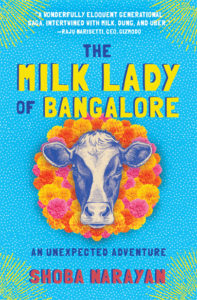 India: The Milk Lady of Bangalore by Shoba Narayan immerses us in the culture, customs, myths, religion, sights, and sounds of a city in which the twenty-first century and the ancient past coexist like nowhere else in the world. It’s a true story of bridging divides, of understanding other ways of looking at the world, and of human connections and animal connections, and it’s an irresistible adventure of two strong women and the animals they love.
India: The Milk Lady of Bangalore by Shoba Narayan immerses us in the culture, customs, myths, religion, sights, and sounds of a city in which the twenty-first century and the ancient past coexist like nowhere else in the world. It’s a true story of bridging divides, of understanding other ways of looking at the world, and of human connections and animal connections, and it’s an irresistible adventure of two strong women and the animals they love.
The elevator door opens. A cow stands inside, angled diagonally to fit. It doesn’t look uncomfortable, merely impatient. “It is for the housewarming ceremony on the third floor,” explains the woman who stands behind the cow, holding it loosely with a rope. She has the sheepish look of a person caught in a strange situation who is trying to act as normal as possible. She introduces herself as Sarala and smiles reassuringly. The door closes. I shake my head and suppress a grin. It is good to be back.
When Shoba—who has just returned to India with her husband and two daughters after years in the United States—asks whether said cow might bless her apartment next, it is the beginning of a beautiful friendship between our author and Sarala, who also sells fresh milk right across the street from that thoroughly modern apartment building. The two women connect over not only cows but also family, food, and life. When Shoba agrees to buy Sarala a new cow, they set off looking for just the right heifer, and what was at first a simple economic transaction becomes something much deeper, though never without a hint of slapstick.

